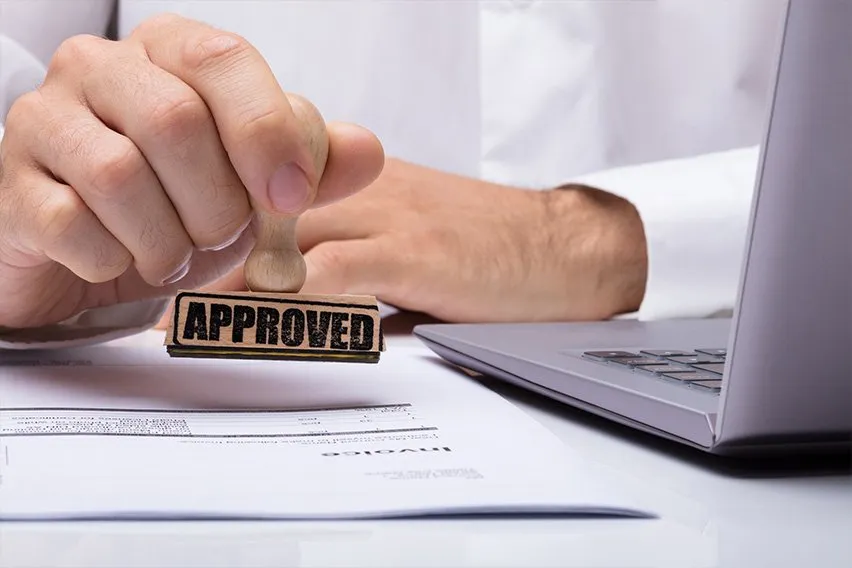UL Certification Testing for Smart Home Electrical Devices
UL (Underwriters Laboratories) certification is a globally recognized symbol of safety and trust. For smart home electrical devices, obtaining UL certification ensures that the product meets stringent industry standards for performance, durability, energy efficiency, and most importantly, safety.
The process begins with understanding the specific requirements set by UL 829 or other relevant standards for smart home devices. These standards are designed to ensure that the device does not pose a risk of fire, electric shock, or other hazards when used as intended. The testing typically involves several phases:
- Initial Review: This phase includes an examination of the product’s design and documentation to ensure compliance with applicable standards.
- Type Testing: Specific tests are conducted on sample products to verify that they meet the necessary performance criteria. For smart home devices, this might include electrical testing, mechanical strength testing, and environmental stress simulation.
- Production Line Quality Control (PLQC): Once type testing is successful, UL may conduct a series of production line tests to ensure ongoing compliance with the standards throughout manufacturing.
The laboratory uses advanced instrumentation such as power analyzers, insulation resistance testers, and environmental chambers. These tools are crucial for accurately measuring electrical parameters like current draw, voltage stability, and insulation integrity. Additionally, UL-certified labs have access to state-of-the-art software that allows for detailed analysis of test results.
In the context of smart home devices, some key tests include:
- Electrical Safety Tests: Ensuring that the device does not cause fires or electric shocks under normal operating conditions. This involves testing for overcurrent protection and grounding.
- Environmental Stress Testing: Exposing devices to temperature cycling, humidity, and vibration to simulate real-world usage environments. This helps identify potential weaknesses in design that could lead to failure.
- Electromagnetic Compatibility (EMC) Tests: Verifying that the device does not emit excessive electromagnetic interference that could disrupt other electronic devices nearby.
After successful completion of these tests, UL issues a certificate of compliance. This certificate is essential for manufacturers as it allows them to legally market their products in North America and many parts of Europe. It also provides a competitive advantage by building consumer trust through the display of the UL mark.
For R&D engineers and quality managers, UL certification testing offers invaluable insights into product performance and reliability. The detailed test reports provided by UL can guide further development efforts to improve safety features or reduce energy consumption. Compliance officers benefit from having a clear roadmap for navigating complex regulatory landscapes that vary between regions.
Manufacturers who invest in UL certification also enhance their brand reputation, which is crucial in the competitive smart home market where trust and reliability are key factors influencing consumer decisions.
Why It Matters
UL certification for smart home electrical devices is not just about meeting legal requirements; it’s about ensuring that products perform reliably, safely, and efficiently. This certification demonstrates a commitment to quality and safety, which are essential in a market where trust is paramount.
Consumers expect their smart home devices to work flawlessly without posing any risks. UL certification provides assurance that these expectations are met. For manufacturers, it opens up new markets and builds stronger customer relationships by earning the confidence of distributors, retailers, and consumers alike.
In terms of compliance, UL certification ensures that products comply with relevant regulations in multiple regions. This reduces the risk of legal issues and helps businesses avoid costly delays or recalls due to non-compliance.
From an operational perspective, UL-certified labs provide a streamlined process for obtaining the necessary approvals. The detailed reports generated during testing offer actionable insights that can be used to improve product design and manufacturing processes.
Benefits
The benefits of UL certification extend beyond just regulatory compliance; they encompass improved safety, enhanced brand reputation, broader market access, and greater consumer trust. Here’s a closer look at these advantages:
- Enhanced Safety: By adhering to strict safety standards, UL-certified products significantly reduce the risk of accidents or injuries.
- Better Brand Reputation: The UL mark is a symbol of trust and quality that can boost brand reputation and customer loyalty.
- Broader Market Access: Products bearing the UL certification are more likely to be accepted in international markets, facilitating global expansion.
- Increased Consumer Trust: Consumers are increasingly concerned about safety and reliability when purchasing smart home devices. UL certification addresses these concerns directly.
- Improved Product Quality: The rigorous testing process helps identify potential issues early in the development cycle, leading to higher-quality products.
- Easier Compliance with Regulations: By adhering to UL standards, manufacturers can streamline compliance efforts and avoid costly non-compliance penalties.
The certification also provides a competitive edge by differentiating products in the market. In an era where safety is a top priority for consumers, having UL certification can be a deciding factor when choosing between similar products.
International Acceptance and Recognition
UL certification enjoys widespread acceptance across North America and parts of Europe. Beyond these regions, many countries look to UL as the benchmark for safety standards. This global recognition makes it easier for manufacturers to export their products internationally.
The United States is one of the largest markets for smart home devices, where UL certification is a must-have for any product seeking entry into retail stores or distribution channels. In Europe, while not all countries require UL certification specifically, many distributors and retailers prefer it because it indicates compliance with local safety regulations.
In Asia-Pacific regions like China, Japan, and South Korea, although UL certification isn’t mandatory, it is highly valued by manufacturers looking to tap into these lucrative markets. The same applies in Australia and New Zealand where the UL mark can significantly enhance marketability.
Manufacturers who obtain UL certification benefit from a harmonized approach to safety standards that simplifies compliance efforts across different jurisdictions. This consistency reduces the complexity of navigating diverse regulatory landscapes, ultimately making it easier for businesses to expand globally.





